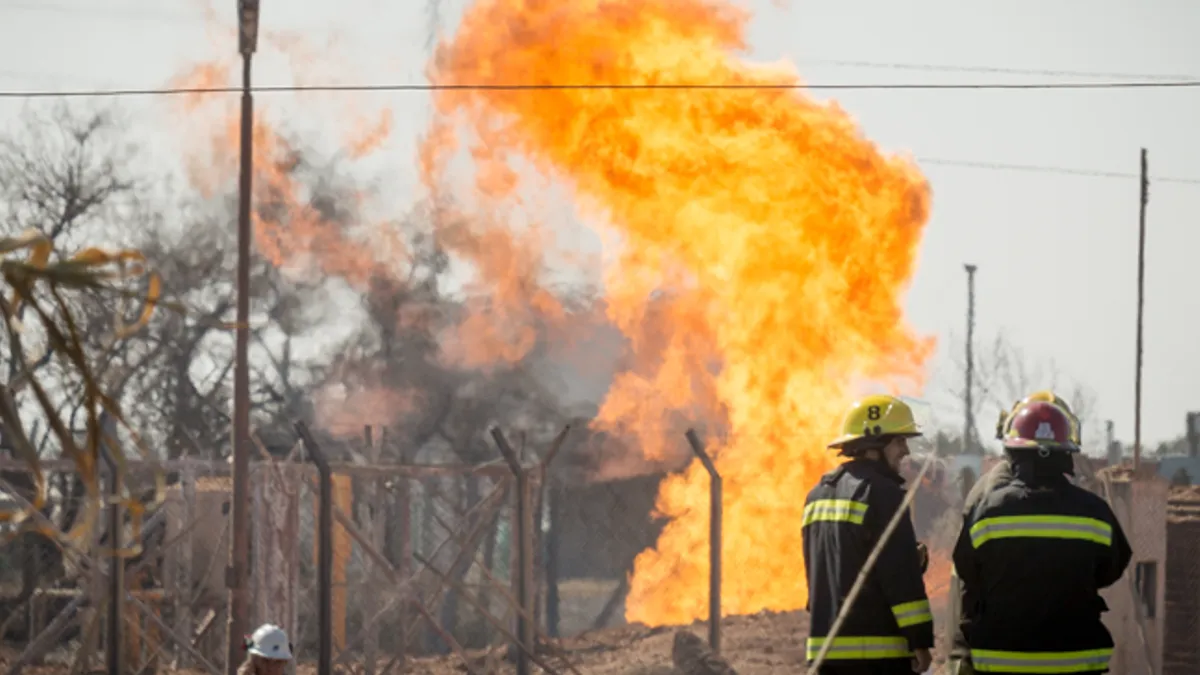AMI, or Advanced Metering Infrastructure, has steadily made its way into everyday life. With the rise of the Internet of Things, smart homes and the technology that makes it all possible, device connectivity has made life easier for people all over the globe. AMI offers a new level of connectivity and significantly improves natural gas safety. It has also made business operations and emergency response easier and more efficient for utilities while simultaneously increasing the well-being of the residents they serve.
AMI has already proven beneficial for utility companies. AMI has a strong presence in electrical utilities, helping to accurately monitor electricity usage and offering instant notification of potential meter tampering. For water utilities, AMI also provides protection against meter tampering and inhibits contaminants in the water system while supplying utilities real-time notifications on backflow. Gas utilities have recognized the importance of AMI and how this technology, combined with natural gas alarms to detect gas leaks, can ultimately help to prevent catastrophic events resulting in the loss of life, property and community devastation.
Natural gas explosions occur every two days in homes, businesses and communities in the United States, putting lives at risk. After a destructive natural gas explosion in the Bronx, New York's Consolidated Edison (Con Ed) searched for natural gas alarms to deploy in a 2018 pilot installation. Of the numerous vendors, Con Ed chose New Cosmos USA, Inc./DeNova Detect to partner with on this pilot program. Of the 9,000 natural gas alarms initially tested, 100% of these alarms were successful in offering complete alarm detection from gas leaks as promised. These results were so conclusive that Con Ed committed to a long-term partnership, making them the first utility in the nation to utilize AMI technology for monitoring for natural gas leaks.
Early detection saves residents' and first responders' lives and protects the communities where your utilities serve. The increasing frequency of natural gas leaks and explosions only strains the fire departments' time, personnel and resources further. Investing in a natural gas alarm pilot program for your utility can pay dividends. It shows your customers and first responders your commitment to their safety as well as your forward-thinking approach and willingness to "lead the pack" as an innovative utility provider.
When deciding which natural gas alarm to use for your pilot program, there are several important factors to consider.
- Compliant with Leading Codes/Standards:
- Listed to Underwriter Laboratory Standard 1484 for Residential Gas Detectors certification.
- Equipped with a detection level ≤ 10% of the lower explosive level (LEL) for natural gas that is likely to be the new NFPA715 Standard, this detection level has been proven to provide eleven additional minutes of response time for gas leaks. These extra eleven minutes of escape time can potentially be a difference between life and death.
- Configured for AMI:
- With AMI, a natural gas alarm will immediately notify your utility in the event of a gas leak, providing you advance notice to dispatch a crew, shut off gas service, and investigate the issue.
- Battery-Powered:
- Alarms should be battery-powered with a lifetime battery included, ensuring alarms will continue to operate and protect in the event of a power outage.
- In addition to eliminating unsightly cords, battery-powered alarms offer ideal placement at 4"- 12" from ceiling compared to plug-in alarms that are placed near the floor and don't offer the most comprehensive protection needed. Since natural gas is lighter than air and rises, an alarm placed closer to the ceiling simply offers better detection.
It's imperative that a reliable natural gas alarm conforms to all of the above, and this is how we have developed our DeNova Detect brand alarms to work for utility companies across the US.
A natural gas alarm pilot program is a proactive step for your utility as it helps to save lives and protect neighborhoods. To learn more about Con Edison's pilot program and how AMI-enabled natural gas alarms can save lives in your community, please visit here.










